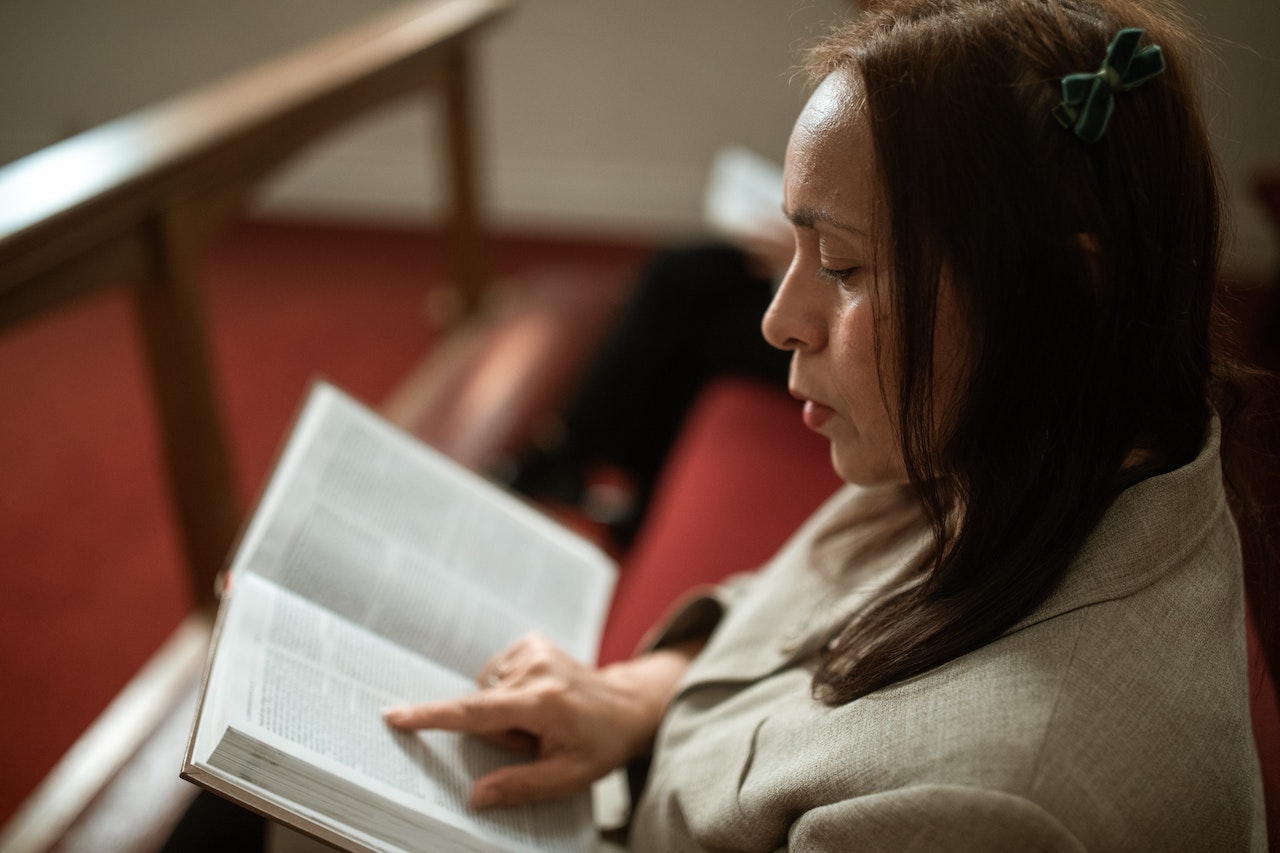Lucid dreaming is a phenomenon that has been around for centuries, but it has only recently become more widely accepted and discussed. It is a type of dreaming in which the dreamer is aware that they are dreaming and can control the dream. While some people believe that lucid dreaming is a spiritual experience, others are concerned that it may be a sin. In this article, we will explore the potential spiritual implications of lucid dreaming and discuss whether or not it is a sin.
Table of Contents
Is Lucid Dreaming a Sin According to the Bible?
No, lucid dreaming is not a sin according to the Bible. The Bible does not mention lucid dreaming specifically, so there is no clear answer as to whether it is a sin or not. However, some people may interpret certain passages in the Bible as being against lucid dreaming, while others may interpret them differently. Ultimately, it is up to each individual to decide what they believe is right or wrong.
Exploring the Spiritual Implications of Lucid Dreaming
Lucid dreaming is an exciting and mysterious phenomenon that has been studied for centuries. It is a state of consciousness in which the dreamer is aware that they are dreaming and can control the dream’s content and direction. This ability to consciously explore the dream world has been used by many cultures for spiritual exploration and growth.
The spiritual implications of lucid dreaming are vast and varied. For some, lucid dreaming can be a powerful tool for self-discovery and personal growth. By exploring the dream world, we can gain insight into our subconscious and gain a better understanding of our true selves. We can also use lucid dreaming to explore our spiritual beliefs and gain a deeper understanding of our relationship with the divine.
Lucid dreaming can also be used to explore the boundaries between the physical and spiritual realms. By consciously entering the dream world, we can explore the realm of the spirit and gain a better understanding of the spiritual realm. We can also use lucid dreaming to connect with our higher selves and gain insight into our spiritual paths.
Finally, lucid dreaming can be used to explore the afterlife. By consciously entering the dream world, we can explore the realm of the afterlife and gain a better understanding of what lies beyond this life. We can also use lucid dreaming to connect with our loved ones who have passed away and gain insight into their spiritual journey.
Lucid dreaming is an exciting and mysterious phenomenon that can be used for spiritual exploration and growth. By consciously entering the dream world, we can explore our subconscious, gain insight into our spiritual beliefs, and explore the boundaries between the physical and spiritual realms. We can also use lucid dreaming to explore the afterlife and connect with our loved ones who have passed away. Lucid dreaming can be a powerful tool for self-discovery and personal growth, and can help us gain a deeper understanding of our relationship with the divine.
How to Practice Lucid Dreaming Without Breaking Religious Rules
If you’re interested in lucid dreaming but don’t want to break any religious rules, there are still plenty of ways to practice it. Here are some tips to get you started:
1. Keep a dream journal. Writing down your dreams can help you become more aware of them and can help you recognize patterns in your dreams.
2. Set an intention before you go to sleep. Before you go to bed, tell yourself that you will remember your dreams and that you will become aware of them.
3. Practice reality checks. Throughout the day, take a few moments to ask yourself if you’re dreaming or not. This will help you become more aware of your dreams.
4. Visualize your dream. Before you go to sleep, take a few moments to visualize your dream. This can help you become more aware of your dreams and can help you recognize when you’re dreaming.
5. Practice meditation. Meditation can help you become more aware of your dreams and can help you recognize when you’re dreaming.
By following these tips, you can practice lucid dreaming without breaking any religious rules. Good luck!
The Pros and Cons of Lucid Dreaming from a Religious Perspective
Lucid dreaming is a fascinating phenomenon that has been studied for centuries. It is the ability to become aware that you are dreaming while you are still dreaming. From a religious perspective, there are both pros and cons to lucid dreaming.
The Pros
One of the main benefits of lucid dreaming from a religious perspective is that it can be used as a tool for spiritual growth. Lucid dreaming can help you gain insight into your subconscious mind and gain a better understanding of yourself. It can also be used to explore spiritual realms and gain a deeper understanding of the divine.
Another pro is that lucid dreaming can be used to gain a better understanding of religious texts and teachings. By exploring the dream world, you can gain a better understanding of the symbolism and metaphors used in religious texts.
The Cons
One of the main cons of lucid dreaming from a religious perspective is that it can be dangerous if not done properly. If you are not careful, you can end up in a dream world that is not conducive to spiritual growth. It is important to be aware of the risks and take the necessary precautions.
Another con is that lucid dreaming can be used to explore dark and negative aspects of the subconscious mind. This can be dangerous and can lead to negative consequences. It is important to be aware of the risks and take the necessary precautions.
Overall, lucid dreaming can be a powerful tool for spiritual growth and exploration. However, it is important to be aware of the risks and take the necessary precautions. With the right guidance and practice, lucid dreaming can be a powerful tool for spiritual growth and exploration.
Conclusion
In conclusion, lucid dreaming is not a sin. It is a natural phenomenon that can be used to explore the subconscious mind and gain insight into one’s own thoughts and feelings. While some religious traditions may view lucid dreaming as a form of spiritual exploration, it is ultimately up to the individual to decide whether or not they believe it is a sin.
For licensing reasons, we must provide the following notice: This content was created in part with the help of an AI.


